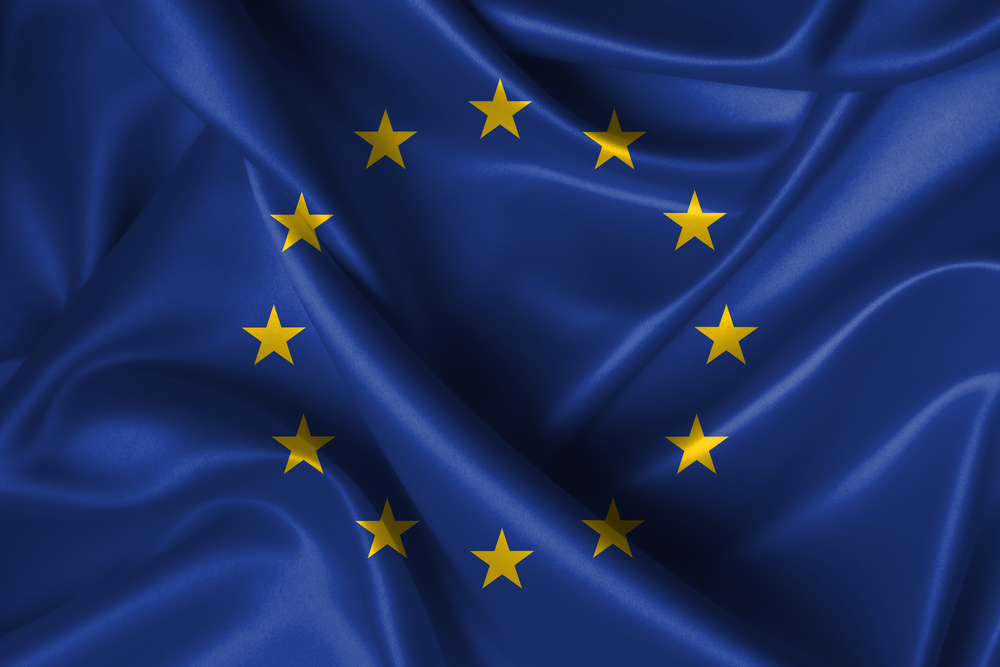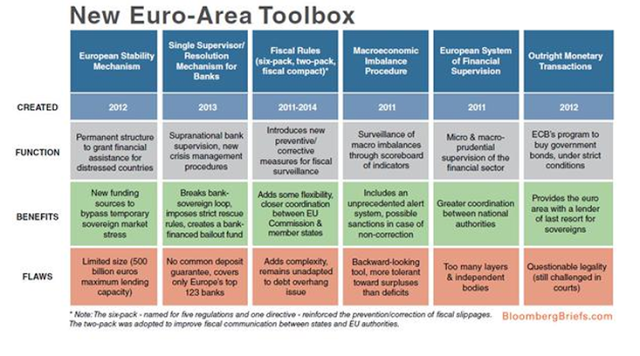Greater Integration Through Crisis

Please note that we are not authorised to provide any investment advice. The content on this page is for information purposes only.
The pre-Socratic Heraclitus was the philosopher of change. He wrote, “no man steps in the same river twice; for it is not the same river and he is not the same man.” Truth that.
The pre-Socratic Heraclitus was the philosopher of change. He wrote, “no man steps in the same river twice; for it is not the same river and he is not the same man.” Truth that.
We are well aware of the congenital defects of the European Monetary Union. Who is not? The US experience was similar. When the US was founded, it was hardly an optimal currency zone. Its governing document, the Articles of Confederation, had a weak central government that did not have the power to tax or raise troops. Decision required unanimity. In the new republic, more than half the people could not vote. The franchise was limited to white men who owned property.
At the same time, we accept at face value the insight from many of the original framers of the EU that greater integration is only possible through crisis. It is through this crisis that greater institutional capacity has been built. The Eurozone that entered the crisis is not the same Eurozone today.
When thinking about these issues, we found this Great Graphic from Bloomberg to be useful aid. After a period of institutional capacity building, we should anticipate some consolidation. Next month’s EU Summit will mark the beginning of the new phase. France and Germany are going to propose proceeding with greater integration under existing treaties. Germany appears to have moved away from its earlier demand for binding economic contracts and France has moved away from its earlier demand for debt pooling. This may have help facilitate greater economic and political integration.
The German and French initiative is likely to be supported by EMU members. However, it is nearly the exact opposite direction the UK’s Cameron wants. He wants to avoid what he sees as “centralization” and wants to re-open the Lisbon Treaty and return the EU to its previous roots in trade and economic cooperation. The in/out referendum on the EU will be held before the end of 2017, with some suggesting it comes as early as next year.
Great Graphic: Institutional Capacity Building in EMU is republished with permission from Marc to Market





